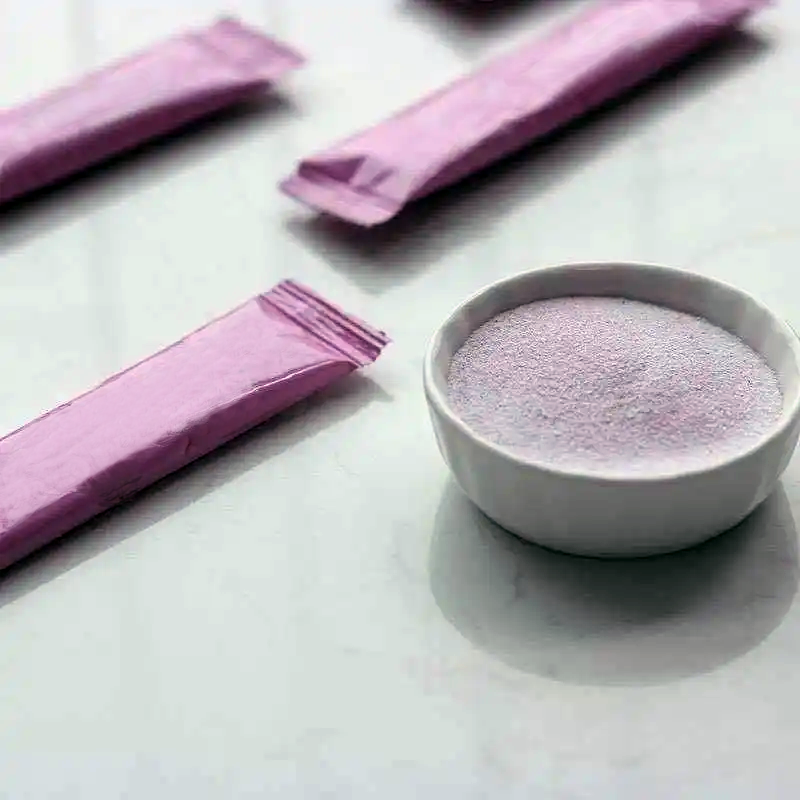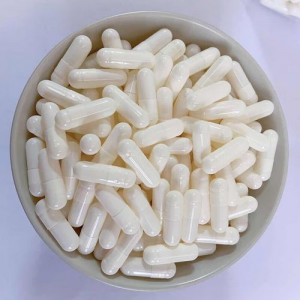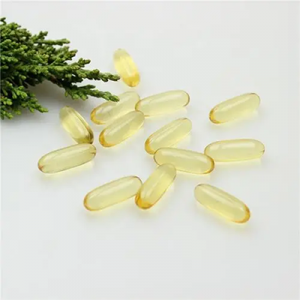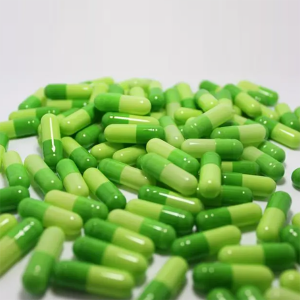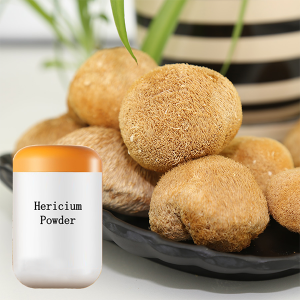| Basic Information | |
| Product name | Dietary fiber powder |
| Other names | Fibre, High-Fibre powder,Water Soluble Fibre Beverage,Fruit And Vegetable Fibre Beverage. |
| Grade | Food grade |
| Appearance | Powder
Three Side Seal Flat Pouch,Rounded Edge Flat Pouch,Barrel and Plastic Barrel are all available. |
| Shelf life | 2-3years, subject to store condition |
| Packing | As customers' requirements |
| Condition | Preserve in tight containers,protected from light. |
Description
Dietary fiber, also known as roughage or bulk, includes the parts of plant foods your body can't digest or absorb. Unlike other food components, such as fats, proteins or carbohydrates — which your body breaks down and absorbs — fiber isn't digested by your body. Instead, it passes relatively intact through your stomach, small intestine and colon and out of your body.
Fiber is commonly classified as soluble, which dissolves in water, or insoluble, which doesn't dissolve.
Soluble fiber. This type of fiber dissolves in water to form a gel-like material. It can help lower blood cholesterol and glucose levels.
Insoluble fiber. This type of fiber promotes the movement of material through your digestive system and increases stool bulk, so it can be of benefit to those who struggle with constipation or irregular stools.
Function
A high-fiber diet:
Normalizes bowel movements. Dietary fiber increases the weight and size of your stool and softens it. A bulky stool is easier to pass, decreasing your chance of constipation. Fiber may help to solidify the stool because it absorbs water and adds bulk to stool.
Helps maintain bowel health. A high-fiber diet may lower your risk of developing hemorrhoids and small pouches in your colon (diverticular disease). Studies have also found that a high-fiber diet likely lowers the risk of colorectal cancer. Some fiber is fermented in the colon. Researchers are looking at how this may play a role in preventing diseases of the colon.
Lowers cholesterol levels. Soluble fiber may help lower total blood cholesterol levels by lowering low-density lipoprotein, or "bad," cholesterol levels. Studies also have shown that high-fiber foods may have other heart-health benefits, such as reducing blood pressure and inflammation.
Helps control blood sugar levels. In people with diabetes, fiber — particularly soluble fiber — can slow the absorption of sugar and help improve blood sugar levels. A healthy diet that includes insoluble fiber may also reduce the risk of developing type 2 diabetes.
Aids in achieving healthy weight. High-fiber foods tend to be more filling than low-fiber foods, so you're likely to eat less and stay satisfied longer. And high-fiber foods tend to take longer to eat and to be less "energy dense," which means they have fewer calories for the same volume of food.
Studies suggest that increasing your dietary fiber intake — especially cereal fiber — is associated with a reduced risk of dying from cardiovascular disease and all cancers.
Applications
- With long-term poor bowel movements and constipation habits.
- With insufficient intake of cereals, new fish, vegetables, and fruits in their daily diet.
- With poor digestive function who need to increase dietary fiber intake.
- With simple hypertrophy.
- With high cholesterol

